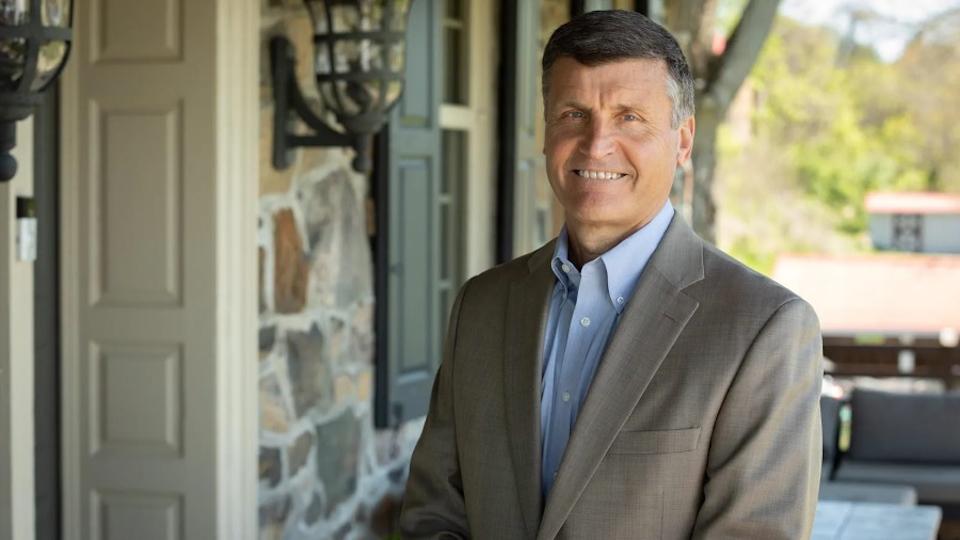CSL’s post-heart attack therapy flunks big phase 3 test

Dr Bill Mezzanotte, CSL’s head of R&D
Biotech giant CSL has seen almost 5% wiped off the value of its shares after one of its most anticipated pipeline products failed a phase 3 trial in heart attack patients.
The AEGIS-II study tested CSL112 (apolipoprotein A-I [human]) in patients who had experienced an acute myocardial infarction (AMI) and found no improvement with the drug compared to placebo on the primary endpoint of preventing a major adverse cardiovascular event (MACE) at 90 days.
Subjects in the study were randomised to receive four weekly doses of CSL112 or placebo, started within five days of hospital admission.
Despite current treatment, a MACE such as a second AMI or cardiovascular death remains a major risk in the first few weeks after a primary heart attack. Around 12% of all post-AMI patients experience MACE within a year, and the majority occur in the first 90 days.
CSL112 is a novel formulation of human plasma-derived apo A-I that is designed to boost the activity of high-density lipoprotein (HDL) cholesterol, which is hypothesised to be protective in the post-heart attack period.
Apo A-I is the major constituent of HDL and is thought to help draw cholesterol out of cells found in atherosclerotic plaques and reduce inflammation, stabilising them and reducing the risk that they will rupture and cause another heart attack.
CSL hasn’t yet provided much information from the 18,000-plus AEGIS-II study, other than to confirm that it did not meet its primary endpoint and there are no plans for a “near-term regulatory filing.” It said there were no major safety or tolerability concerns with CSL112 and additional data will be shared at the American College of Cardiology (ACC) congress in April.
“Substantial work remains to fully analyse and understand the complete data and then to determine any development path ahead for this asset,” said Dr Bill Mezzanotte, CSL’s head of R&D.
“AEGIS-II is the most ambitious study in our company’s history and we are proud of the quality of the study we delivered and the enhanced capabilities we developed to do so,” he added.
“We plan to apply these capabilities, as well as our plasma protein platform, to future unmet medical need in cardiovascular and metabolic conditions, as well as those in our other strategic therapeutic areas.”
Market observers suggested that the chances of further development of CSL112 in this setting are unlikely, given the need for very large and high-cost studies to show efficacy in post-AMI patients.
Additional colour on the trial and CSL's plans may be forthcoming during the company’s interim results update, due to be published tomorrow.












